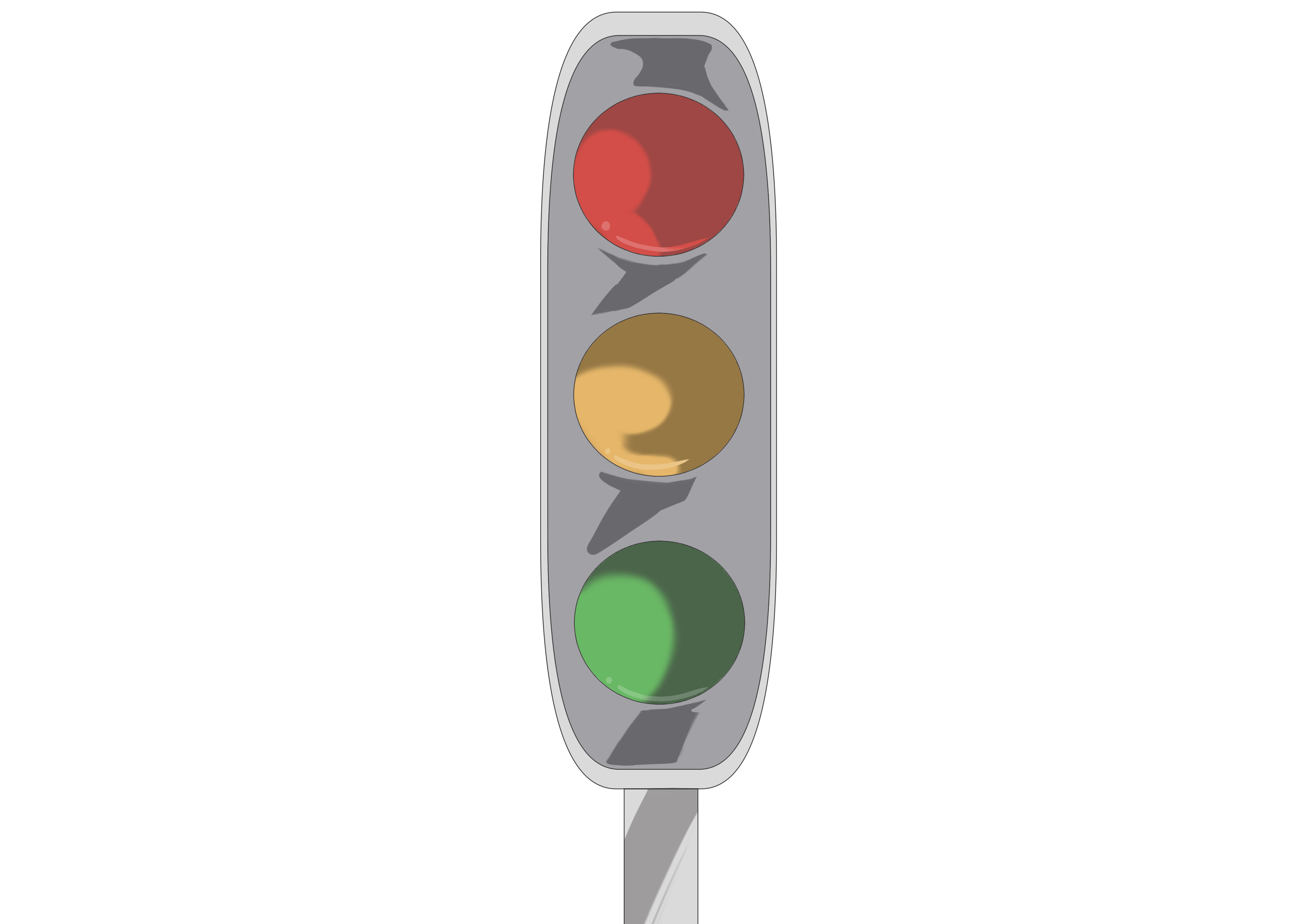
Students at UW are innovative in more than just their programs —now, students are plagiarizing essays and assignments through contract cheating, where they pay a third party company to write an essay or assignment.
Dozens of companies exist to provide contract cheating services to students, like, “100 per cent written from scratch” and “affordable professional service.”
UberEssay is one of these companies. On its website, a cartoon drawing of a person holding a paper with a big ‘A+’ adorns the home page, and by scrolling down, readers can see a message from the site founder, William Laurence.
“The truth is, I love doing school work. Creating this company was a no-brainer for me, it allows my team and I to do what we love everyday, while helping our clients excel in their courses, and have less stress,” Laurence’s message reads.
Below that, Laurence lists his credentials, including a B.A. from McGill and an M.A. from NYU.
Students can pay anywhere between $25 and $48 per page, according to the chart on UberEssay’s site, which lists prices according to the required timeframe and total number of pages.
Sites like UberEssay are appealing to many students.
A study done by Swansea University found that 15.7 per cent of all students reported contract cheating, equivalent to 31 million students worldwide.
This equates to one in six students partaking in contract cheating.
Currently, Canada is tied with the UK in frequency of students taking part, second only to the U.S.
The massive influx of contract cheating can be traced to the fact that it is much more difficult to detect than other forms of plagiarism.
To reassure students they won’t be caught, companies often list “No Plagiarism Guarantees” on their websites.
UberEssay writes: “Everything we do is custom written from scratch. We do all the research, writing, and proper referencing.”
Because thriving contract cheating companies stay true to their guarantee, it is nearly impossible for graders to tell if a student has plagiarized.
Since the content is original, it generally can’t be picked up by plagiarism detection software.
“Many universities don’t have enough supports in place to help professors root out contract cheating,” Sarah Eaton, an assistant professor at the University of Calgary told Universityaffairs.ca.
“It makes me feel powerless that this is a thing and we don’t know what to do about it.”
Contract cheating has become a big business and companies often attempt to lure students with the promise of discretion.
“Don’t worry, we maintain a strict policy of confidentiality. We don’t share your name with anyone, and we never re-use the essays we do,” UberEssay’s website reads.
Companies flock to the cheating industry not only because of easy business, but also because it’s easy to take advantage of struggling students.
They use aggressive marketing techniques and lure students with promises of help, while manipulating them into believing there is nothing wrong with cheating.
Top Canadian Writers is another company that offers “custom writing services”.
“If you are struggling with your deadlines and workload then there is not any reason why you should continue finding it difficult when there are writing services reviews out there that are able to help you find the perfect service for you,” their website reads.
While New Zealand has prohibited contract cheating, companies can still operate legally in Canada by using the cover of producing “example essays” for students.
Companies in Canada are getting bolder with their marketing strategies.
“You walk in the classroom and you find the flyers [advertising essay-writing services] on the seats or on a ledge by the white board, or you find them tucked away on a table somewhere where students can see them and profs might not pay attention to them,” Eaton told Universityaffairs.ca.
A mystery shopping exercise done by researchers revealed an astonishingly low standard of work produced by cheating companies.
The work delivered did not come close to what was promised to the “student.”
Without a legitimate source for information about contract cheating companies, the companies continue to thrive while selling subpar services.
Software is beginning to change the cheating industry.
Turnitin has updated its software to pick up on inconsistencies that can reveal if a student has cheated.
Among other things, the software compares new writing to previous work to compare a student’s writing style and format.
In addition, professors sometimes include in-class writing assessments to gauge if a student’s writing style and ability is comparable to their assignments.
There is grave risk involved in engaging in contract cheating.
If caught, students face a range of punishments, possibly leading to the end of their academic career.
Another risk is the threat of identity theft. Scammers can steal personal information through credit card payment as they know students will be in a tough position to report it.
In addition, students must pay the consequence of not learning the material and getting the full benefit of their education, leading to setbacks later on. “My heart goes out to students who think that paying for a paper is ultimately going to help them,” Eaton told UniversityAffairs.ca.
At UW, the minimum penalty for cheating on an assignment is an automatic 0 on the assignment as well as five per cent off the final course grade.
According to UW’s Policy 71, contract cheating is given a level two penalty and minimum suggested punishment is immediate course failure, suspension, and disciplinary probation.





























